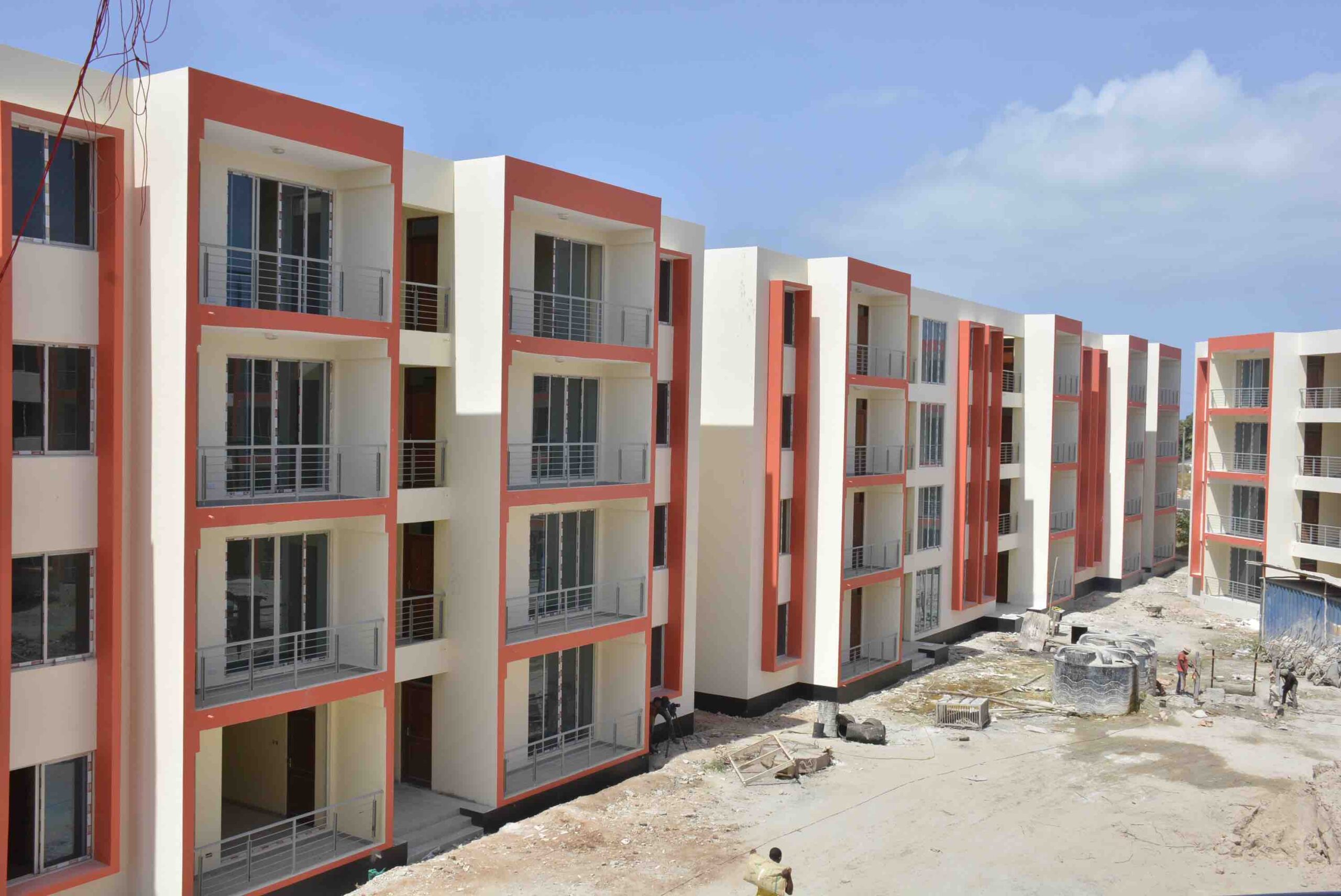Legal remedies against defaulting property developers
From to time aspiring property owners, especially home owners, experience challenges with land or property developers who do not complete development projects on time to the prejudice of the land or property buyers.
Land or property development
Land or property developers normally buy land, subdivide it and develop into individual stands, sell them to aspiring property owners who then build properties such as houses.
Some developers may buy land and then build cluster houses or flats in the form of gated communities. They sell these residential units to aspiring owners and usually charge them the price of a complete unit.
Unfortunately, despite being paid in full or according to agreed terms some developers may not complete the construction projects.
Common question
The question asked by many people is how one can deal with such a defaulting land or property developer. Some of the key issues and remedies are explained hereunder.
Know the land or property development process
A land developer normally requires a subdivision permit from the local authority. The same developer also requires a development permit from the same local authority. A dispensation certificate is also required and is issued after title survey has been approved by the Surveyor General.
A compliance certificate is issued by the local authority after the land developer has met the land development requirements set by the local authority. These requirements may include:
Road network to access the properties, Water reticulation, Sewer system.
It is only after the certificate of compliance has been issued that transfer of title from the mother or parent deed of transfer held by the land developer to the individual buyer can be passed.
At times this may take long due to want of compliance. Some buyers may build but still have no transfer of title. It is so frustrating.
For buyers of cluster houses or flats one normally takes occupation upon completion of the construction by the developer. It may happen that a buyer may have title before completion, if certain transfer conditions are met, but may not be able to take occupation due to outstanding works.
Remedies
Some of the remedies to a land or property buyer where development is in default include the following:
Know what is outstanding and the constraint
Before doing anything take time to understand what is outstanding and the constraints. More often than not it is that the developer can no longer finance the remaining stages. This could be due to:
The developer having diverted funds,
The developer being negatively affected by economic factors such as high inflation, currency changes or default by other buyers where payments are through instalments,
The developer running out of resources due to under-budgeting, under-pricing, etc.
It is therefore advisable to engage the developer to have full understanding of what is outstanding and why. You may also want to refer to your sale or other contract documents.
Engage land or property developer to complete the outstanding work
It is quite common for buyers to engage land or property developers to understand or agree on a plan to complete the development and get commitments from the developer.
Some buyers engage developers as groups in order to have more voice. It is advisable to produce minutes for such engagements, write to the developer to confirm agreed positions and for the developer to reply in writing.
Such documentation will help in the event of legal action against the developer. Buyers are urged to engage the developer with the assistance of a legal practitioner. At this stage there is no litigation.
Sell
Some buyers may sell if the development is taking long. They may do this if for example they have pressing accommodation requirements such that they cannot wait.
Litigation for specific performance
If engagements with the developer do not yield results, buyers may have no option left but to take legal action with the assistance of their legal practitioners. They will seek a Court order for specific action by the developer.
The specific action is normally to complete the outstanding contractual works such as servicing of the land or in the case of cluster houses or flats completion of the construction works.
Some unscrupulous developers may prefer litigation as they will take long defending it and appealing in a bid to frustrate the buyers. Even after obtaining a Court order executing it may be difficult unless for example the developer has known assets.
When litigating, it is important to be clear who is suing the developer, especially in a class action where buyers come together. It is advisable that a buyer or party to the purchase or development contract be the party taking legal action to avoid fatal defects at law.
Completion by the buyers
There are common cases whereby buyers themselves come together, agree to make contributions and engage contractors to complete the outstanding works. This is very unfortunate but real. A buyer usually ends up paying more for the property due to the defaulting developer.
At times it may be advisable to agree with the developer that buyers will pay for the outstanding works, be given security to fall back on if the developer does not reimburse them.
Property developer is a company
If the property developer is a company there could be room to place the company under insolvency proceedings, appoint a corporate rescue practitioner to manage it and complete the outstanding works.
Disclaimer
This simplified article is for general information purposes only and does not constitute the writer’s professional advice.–herald.cl.zw











